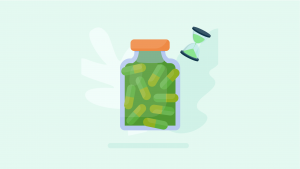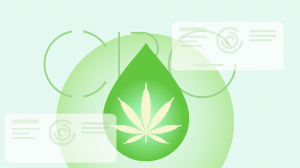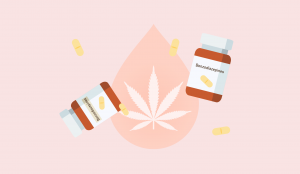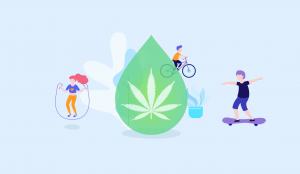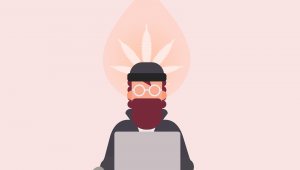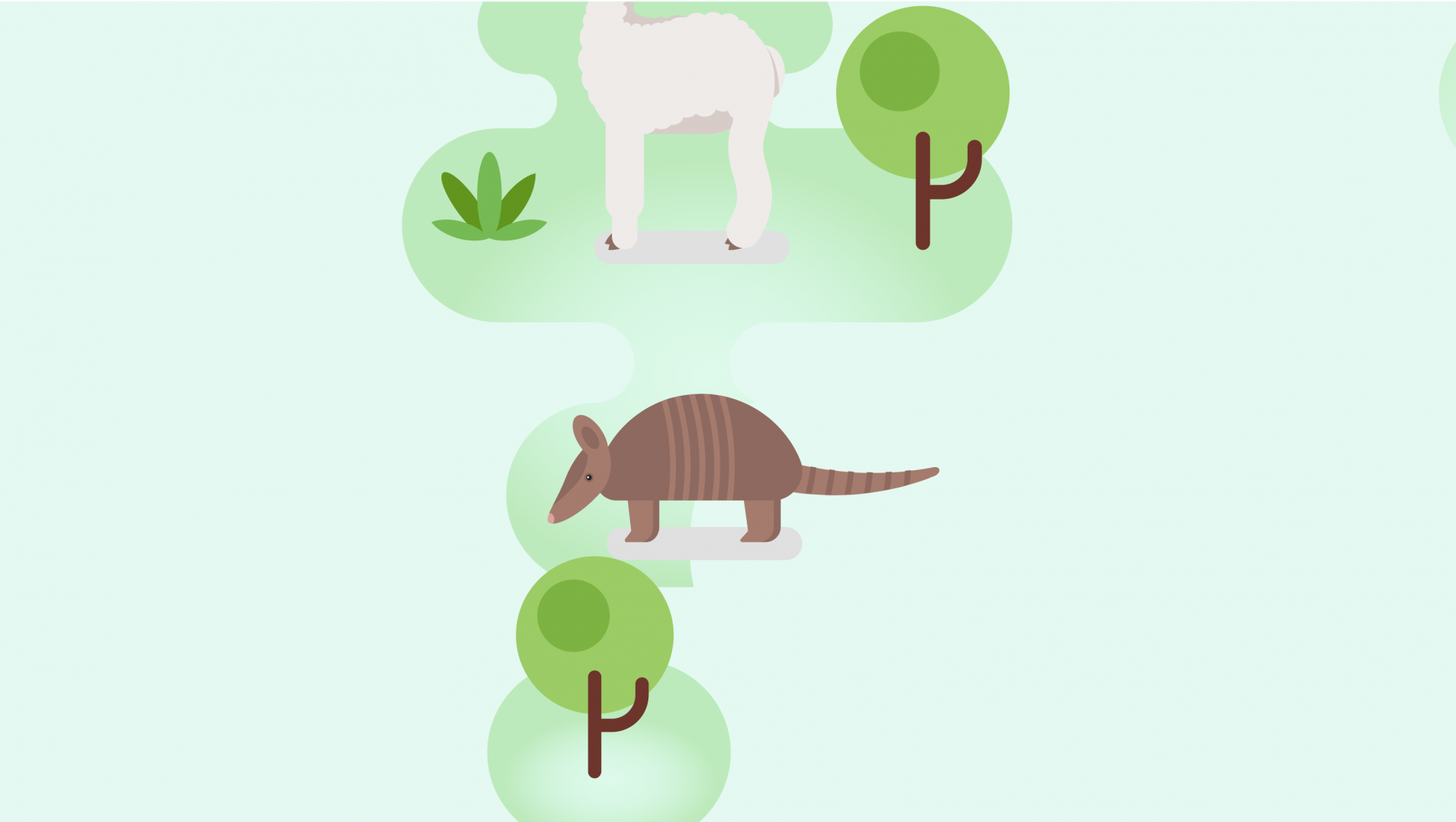
Guide to Buying CBD in South America (2022 Edition)
CBD Laws By Country | Recommended Brands
Depending on where you live, CBD may be legal, prescription-only, or banned completely. The safest way to buy CBD is online and have it delivered by mail.
The Latin American cannabis market is valued at approximately $9.8 billion.
On a global level, South America holds second place for CBD potential and cannabis market readiness.
With such favorable CBD market conditions, why is the cannabinoid unregulated and prohibited by most countries in the region?
Why is it so difficult to find it in-store or buy it online legally?
Let’s dive into the South American CBD laws and find the answers. We’ll also offer tips for getting CBD shipped to South America from the United States and list a few of the best brands that ship to the region.
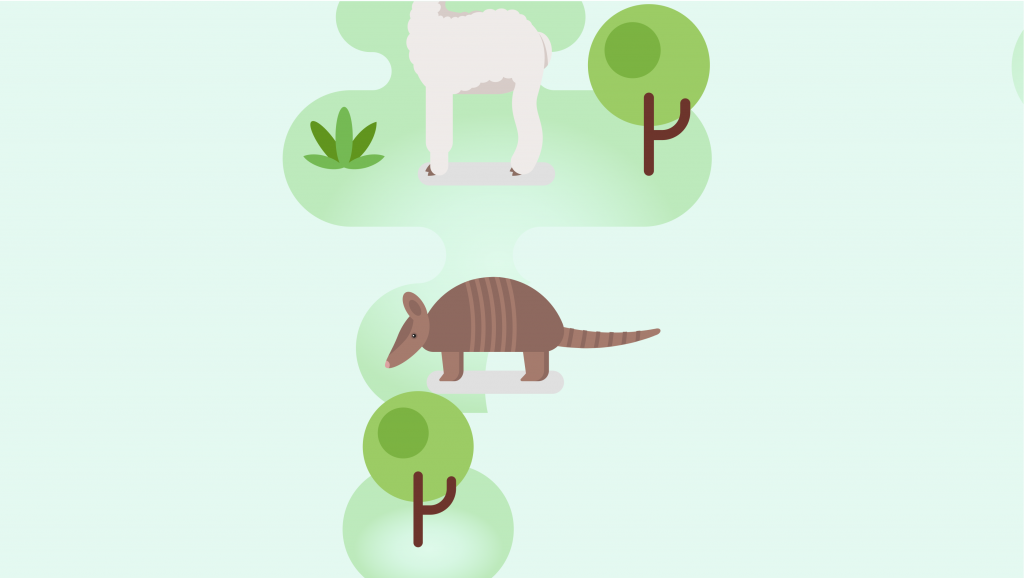
Summary: Buying CBD in South America
- Hemp and CBD are highly unregulated in South America
- Most countries’ health authorities authorize CBD only via prescription-only
- Uruguay and Colombia are the only two countries that allow hemp products to be sold legally over the counter (without a prescription)
- The CBD market in South America has great potential — but the lack of clear regulations is slowing the market’s development process
- You can buy CBD online and have it shipped to your address with the help of a mail forwarding service
CBD Laws & Buyer's Guides | Select Where You Live
Best CBD Oils: South America
| Number | Product | Total CBD | Potency | Cost per mg CBD | Link |
|---|---|---|---|---|---|
|
1 |

Elixinol Extrato Rico Em CBD Canabidiol (Brazil Exclusive) |
5000 mg |
41 mg/mL |
$0.12 |
|
|
2 |

Hemp Bombs CBD Oil |
300 – 4000 mg |
10 – 133.3 mg/mL |
$0.07 – $0.17 |
|
|
3 |

Elixinol CBD Oil Liposomes |
300 – 1000 mg |
10 mg/mL |
$0.13 – $0.20 |
How to Buy CBD Products in South America
The best way to get CBD in South America is to buy it online. The problem is that the online market local to South America is not regulated. This means there are many really poor-grade products — some of which are even dangerous.
Generally, CBD brands based out of either Europe or North America are going to have the best selection and the highest quality.
You can find hundreds of products and companies that ship CBD to your door.
Tips on Buying High-Quality CBD Products in South America
How do you buy CBD products in a country where no law defines what’s legal or illegal and what’s safe and of high quality?
- Shop from retailers who can provide you with information about the hemp origin (the conditions in which the hemp plant is cultivated can affect the quality and safety of the CBD product)
- Don’t buy CBD products with packages “decorated” with health claims — CBD is not a cure-all
- Make sure the CBD product you buy is lab-tested by a third party and comes with a Certificate of Analysis (certificates are proof that the CBD product is toxin-free, therefore, safe for consumption).
A Brief History of Cannabis Laws in South America
Spanish conquistadors brought hemp to Mexico and Chile in 1545. The Spaniards made hemp cultivation obligatory, and their colonies’ farms had quotas to fulfill for the Spanish Viceroy. The first hemp plantations in Chile were positioned north of Santiago, where hemp was cultivated for 400 years.
Aside from the needs of the Spanish naval units, Chileans used hemp for clothes, shoes, sacks, lassos and saddles, bowstrings, animal feed, and seed oil.
Hemp cultivation spread through the rest of South America, becoming one of the most important crops for all Latin American countries. Hemp farms were present in South America until the 1980s, when cheaper synthetic materials and plastic replaced hemp.
Hemp’s eradication culminated when authorities started treating hemp in the same context as marijuana.
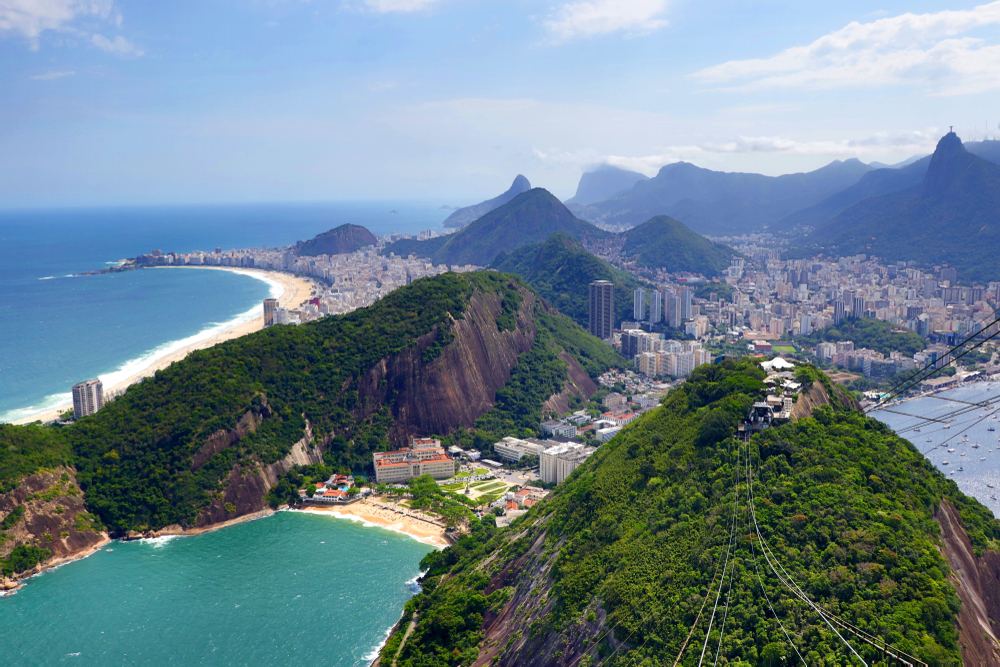
What’s The Difference Between Hemp & Marijuana?
Both hemp and marijuana are cannabis plants, but their chemical makeup differs. Marijuana can contain up to 30% THC — a cannabinoid that can cause mind-altering effects. Hemp usually doesn’t contain more than 0.3% THC and does not cause any psychoactive effects.
In most South American countries, any cannabis plant that produces less than 1% THC by dried weight is classified as hemp.
In the 20th century, the recreational use of marijuana increased, and its presence on the South American black market concerned the authorities. Some farmers would use hemp’s similar appearance to hide marijuana plants in their hemp fields. With the long-term war on drugs in South America, the laws on cannabis became stricter, and hemp was caught in the crossfires.
Today, many South American countries maintain restrictive cannabis laws and either allow hemp only for medicinal use or prohibit it entirely. The only two countries that have friendly cannabis laws — for both hemp and marijuana — are Uruguay and Colombia.
Marijuana is entirely legal in Uruguay, while it’s decriminalized in Colombia — meaning there are no criminal convictions if caught with a personal supply of marijuana.
Is CBD Legal in South America?
CBD, as a derivative of hemp, is strictly regulated in South America.
Although South America has the perfect climate for hemp cultivation, the war on drugs and the illegal drug trade (primarily cocaine and marijuana) obstructs the emergence of hemp and CBD laws.
Most countries authorize CBD for medical purposes only, while others consider it outright illegal. Uruguay and Colombia are the only two countries that made a push to legalize hemp completely.
Hemp Laws By Country
1. Argentina
Verdict: Legal for Medical Use
Under the National Program for the Study and Research of the Medicinal Use of Cannabis Plant and its Derivatives, registered patients who have refractory epilepsy can acquire medical CBD for free. The Program can include other diseases, but only if based on scientific evidence and approved by a doctor.
Patients must obtain a medical prescription and then apply for registration to use hemp products.
Those enrolled in the Program can obtain CBD for free, while those who have a prescription but are not part of the Program will have to cover their expenses (these patients must comply with the procedures of the Ministry of Health).
The Customs Clearance Center of Argentina has stated that CBD can be imported only for medical purposes and under the control of the health and security authorities.
Importing CBD is illegal unless you’re a registered patient.
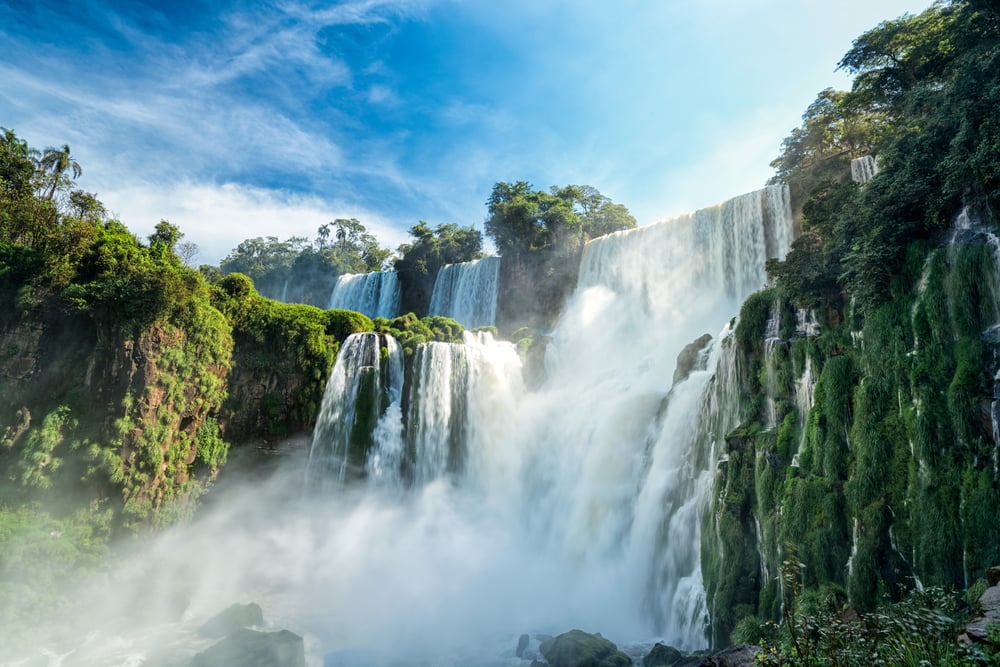
2. Bolivia
Verdict: Banned
Cannabis (hemp included) and its derivatives are completely illegal in the eyes of the Bolivian authorities. The Bolivian government makes no distinction between hemp and marijuana. The entire Cannabis genus is placed on the List I of psychotropic substances.
The Criminal System Code of Bolivia says that possession of more than 10 – 150 grams of cannabis derivatives is punishable with a maximum prison sentence of 6 years.
Possession of more than 150 grams and up to 500 grams could lead to a maximum prison sentence of 12 years.
3. Brazil
Verdict: Legal for Medical Use
CBD is legal only for medical use. The National Sanitary Surveillance Agency (Anvisa) authorized medical CBD back in 2015. Access to CBD is enabled through Anvisa’s restricted application system, where CBD licenses are issued on a case-by-case basis. Patients can import CBD only after Anvisa notifies them about the authorization.
If you want to buy CBD for personal use, consider buying online. Anvisa cooperates with the border forces and evaluates the legality of CBD products when ordered by registered patients. CBD products for pets are currently prohibited.
The border control officers are strict and know well what CBD is. As a non-patient, you could get in trouble for importing illegal CBD.
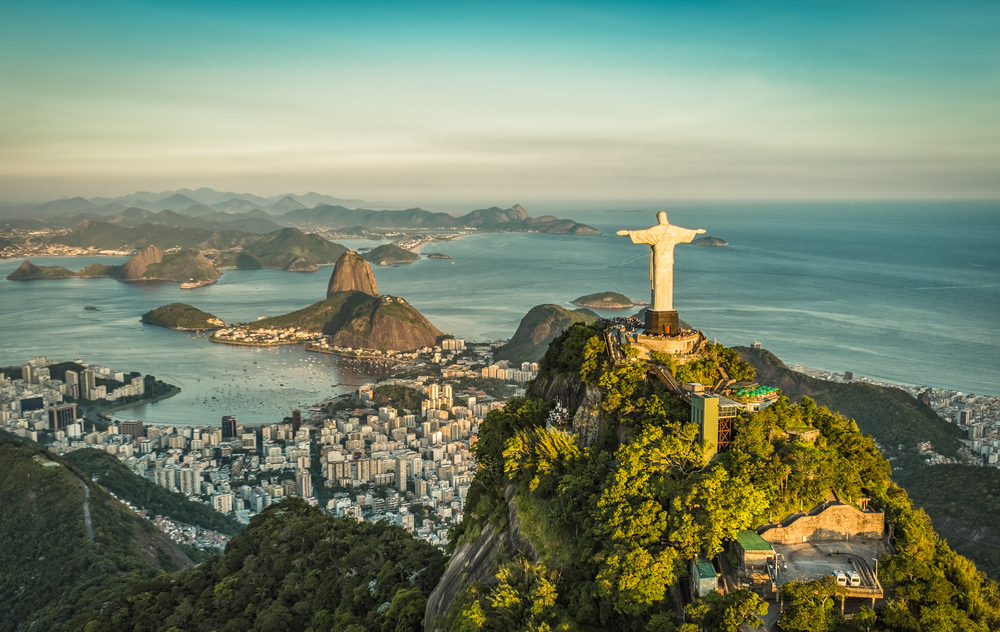
4. Chile
Verdict: Legal for Medical Use
CBD in Chile is legal only for medical purposes. As of December 2015, Chile authorizes the sale of pharmaceutical products containing cannabis and cannabis derivatives (including CBD) under retained medical prescription.
According to Law No. 20 000, if you carry small quantities of drugs (any substance that affects the organism physically and mentally), you could be punished with a minimum of 541 days and up to five years, unless a judge justifies that the purpose of use is for medical treatment or personal consumption.
In other words, the law does not prohibit the personal and private consumption of any substance. However, it can be sanctioned with minor fines.
Unless you’re a patient and can obtain a medical prescription, your safest option to buy quality CBD in Chile is online.

5. Colombia
Verdict: Completely Legal
Decree 613 from 2017 regulates the cultivation and manufacturing of cannabis and its derivatives for medicinal and scientific purposes.
Hemp cultivation is allowed under a government-issued license granted by the Ministry of Justice. Those who want to produce CBD and other cannabinoids need a license from the Ministry of Health.
Personal cultivation and consumption of cannabis in Colombia are decriminalized, but its commercial sale is prohibited. An individual mustn’t possess more than 20 grams of cannabis and can cultivate up to 20 plants.
In Colombia, you can purchase CBD as medicine via prescription or over-the-counter as a food supplement or cosmetics.

6. Ecuador
Verdict: Banned
CBD is prohibited in Ecuador. However, there is an existing black market where CBD products are sold to interested consumers. The sale is operating mostly online — through social media or WhatsApp.
In May 2019, the Ecuadorian Assembly suspended the second debate about amending the Health Code. The proposal includes a possible regularization of the planting, cultivation, harvest, industrialization, dispensing, and prescription of cannabis for medicinal and therapeutic purposes. There is still no decision on this matter.
We recommend you avoid ordering CBD products if you live in Ecuador.
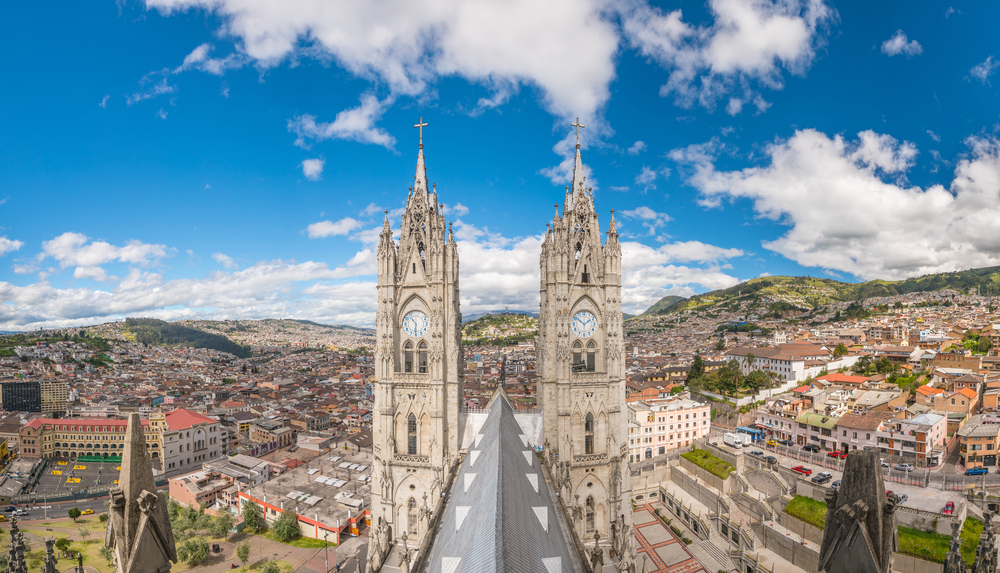
7. Guyana
Verdict: Banned
Guyana’s laws don’t differentiate hemp from marijuana, and hemp and its derivatives are wholly prohibited.
8. Paraguay
Verdict: Legal for Medical Use
CBD in Paraguay is allowed for compassionate use (patients can use unauthorized medicine when traditional medicine doesn’t improve their condition) under the government’s control. CBD must be prescribed by a doctor and then imported in Paraguay.
Paraguayan law doesn’t penalize possession of 10 grams of recreational cannabis daily, meaning a person could possess up to 300 grams of cannabis per month without any legal consequences. There is no quantity limit for possession of CBD products, although the law clarifies that CBD is legal only for medical use.
9. Peru
Verdict: Legal for Medical Use
Under Law 30681, CBD in Peru is legal for medical use.
CBD oil from industrial hemp with a THC content equal to 1% of THC doesn’t fall under the Narcotics Regulations, Psychotropics, and other substances subject to control.
Possession of 2 grams of marijuana derivatives is not a crime under Peruvian law. Possession of cannabis and its derivatives for medical purposes is not punishable, but you must be a registered patient.
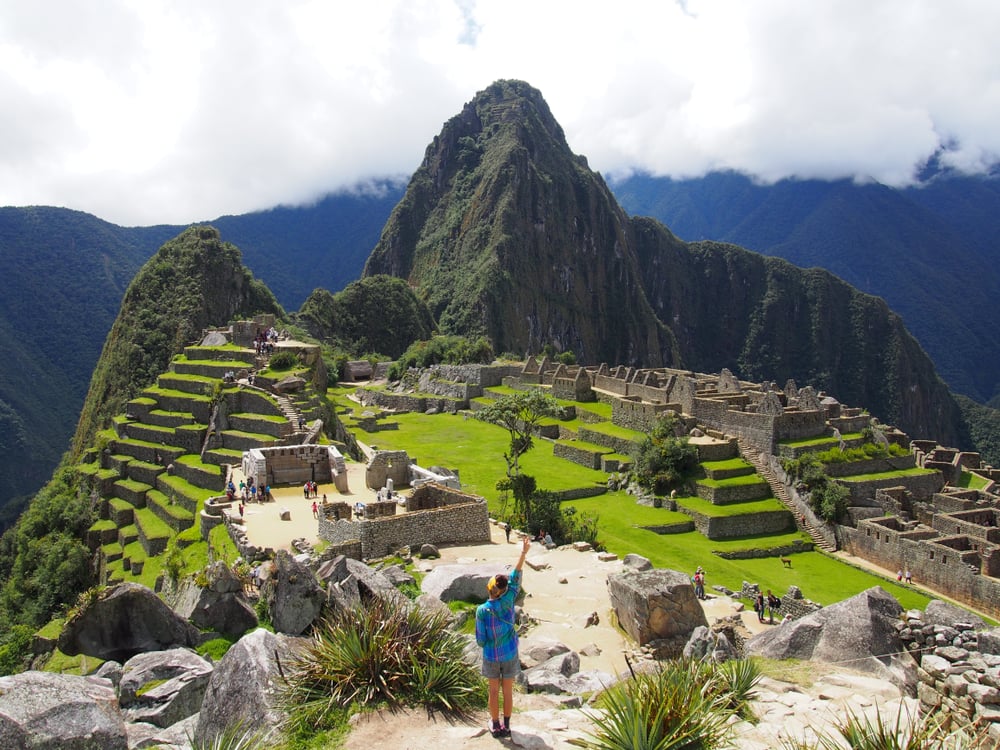
10. Suriname
Verdict: Banned
Suriname allows hemp cultivation only for industrial purposes. The stocks and seeds are used for fiber and seeds. Anything related to hemp’s recreational or medical use or its derivatives is strictly prohibited.
11. Uruguay
Verdict: Completely Legal
Uruguay is the only South American country with open laws regarding cannabis.
In December 2013, then-president José Mujica legalized cannabis, making Uruguay a pioneer in recreational marijuana legalization.
Industrial hemp is only legal if it contains less than 1% THC in dry weight. This definition includes the whole hemp plant with its organs and derivatives, except for its seeds. Seeds cannot contain more than 0.5% THC. Farmers who wish to grow hemp require a government-issued license from the Ministry of Livestock, Agriculture, and Fisheries (MGAP).
Law 19.172 regulates and treats cannabis and its derivatives as legal for use since 2013. CBD oil and CBD products are present on the market and are used as both medicine and supplements.
Cannabis for recreational use and CBD as a supplement are much more accessible, and you can buy CBD both in-store and online. The regulations on CBD as medicine are still complex, and access to the medical product is difficult.

12. Venezuela
Verdict: Banned
Cannabis use and cultivation, as well as CBD products, are illegal in Venezuela.
Venezuela is facing severe economic, political, and social problems. Amid the chaos, CBD regulation is not a priority. There is CBD on the black market in Venezuela, but no one can guarantee the quality and safety of these products.
We recommend avoiding hemp products if you live in Venezuela.

How Mail Forwarding Works
Mail forwarding service is a perfect solution if the brand you want doesn’t ship to your country.
Here’s how it works.
Go to the mail forwarding company’s website and register an account. After you complete your profile, the company will provide you with a local address in either the USA, Mexico, or Europe. You can use this address to place orders with CBD companies.
When the package gets to this address, the mail forwarding company will forward the package to your real address.
Don’t get confused; you will use the address ONLY to order your CBD. You will receive your package at your final (actual) address.
NOTE: Due to some countries’ restrictive laws, your package can be seized if customs consider it illegal.
When buying CBD in South America, a popular option is Shipito.
Here are Shipito’s mail forwarding rates:
| Tier of Service | Sign Up Fee | Annual Fee | Average Shipping Fee |
| Free Membership (If you only need the service every once in a while) | $3 USD | $0 | $30 USD |
| Premium Membership (If you order CBD a lot and want protection on your packages) | $2 USD | $60 | $30 USD |
CBD Companies That Ship To South America
Don’t know where to buy CBD? Check our list of some great companies that ship CBD to South America.
The Future of CBD in South America
The long-term war on drugs has put hemp and CBD in a troublesome position — often being grouped with the psychoactive form of the plant, marijuana.
The booming hemp and CBD industry encouraged South America to follow the trends. While most South American countries allow CBD via prescription only, the continent carefully sets its position on the global CBD market. The legalization process is slowly progressing, and the future of CBD’s broader use in South America is promising.
The potential of CBD markets within the continent is based on several factors:
- South America has the perfect climate and agricultural conditions for hemp cultivation
- Farmers have the knowledge and skills to grow it — hemp is a traditional crop to South America
- Many international and domestic companies are interested in investing in the CBD business
- There is a high demand for CBD and hemp products in South America and worldwide
- The use of herbs and plants in food and medicine is well-accepted by many South Americans
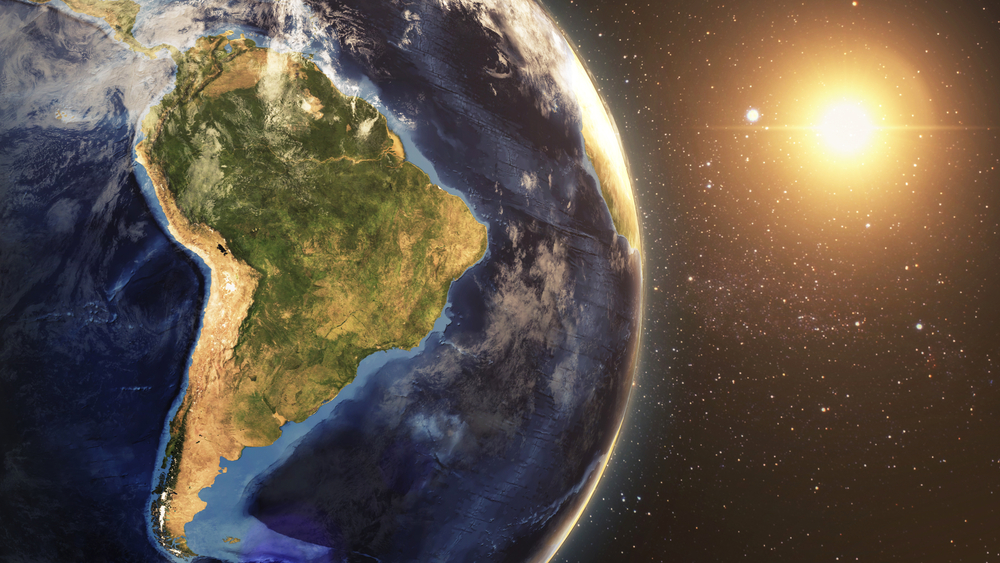
Final Thoughts: Buying CBD in South America
Buying CBD in South America won’t be the easiest thing to do. The continent has super restrictive regulations or has no regulations at all. CBD is either difficult to buy or of questionable quality.
Colombia and Uruguay have the friendliest cannabis laws — you can buy CBD both in-store and online.
Buying online gives you more safe and quality product options. Even if the company you’re buying from doesn’t ship to your country, you can use a mail forwarding service to get your package to your address.
Buying CBD in South America
What Type of CBD Products Are You Looking For?
Signup to our newsletter
Be the first to know about our newest arrivals and special offers!

